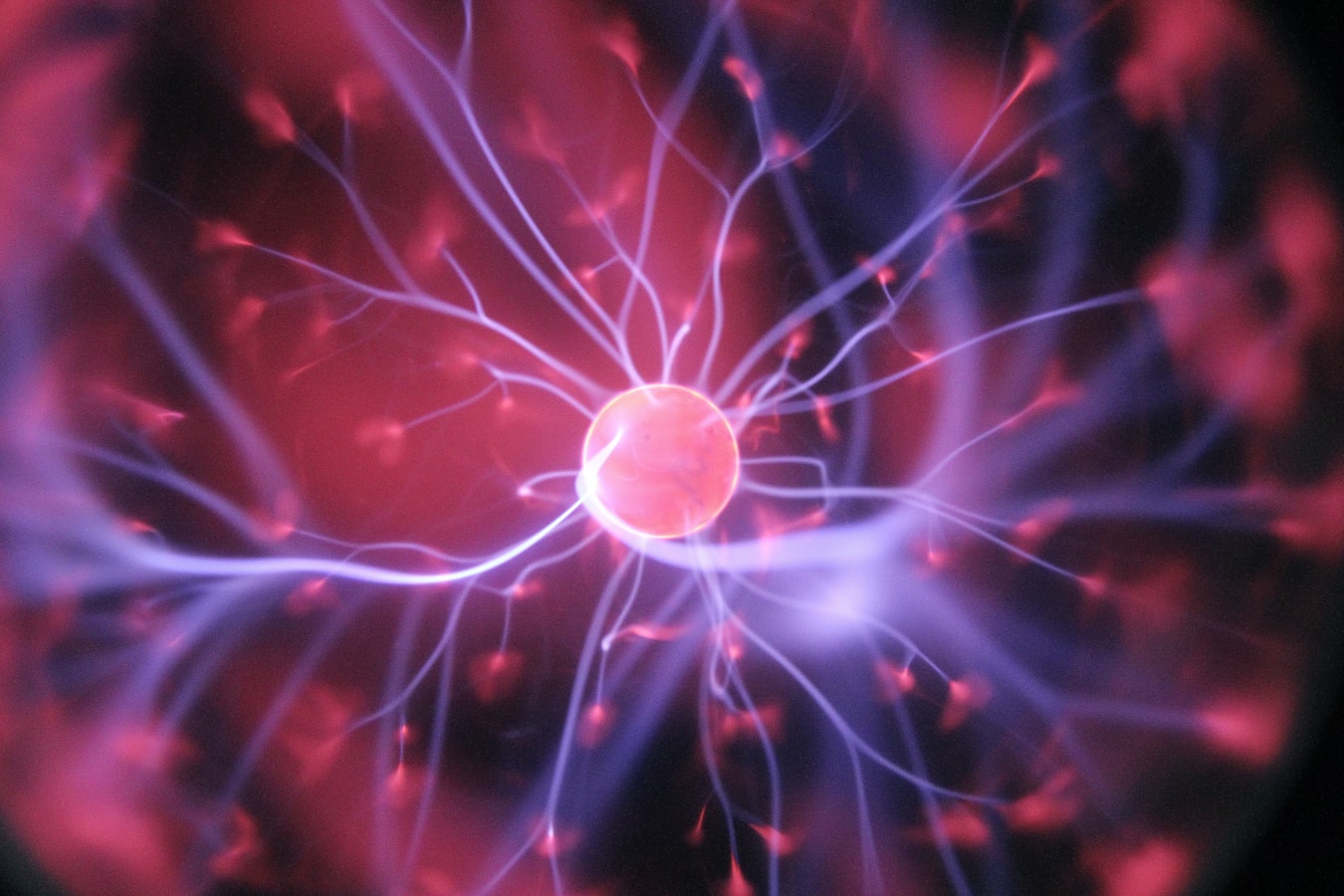Alcohol itself needs no introduction. The question is, is alcohol considered a drug?
The short answer: yes it is, and it’s potentially highly addictive, too.
We’ll highlight today what type of drug alcohol is, how it alters the way your brain is wired, and why it’s so addictive.
Alcohol Is A Drug
Alcohol is a drug classified as a central nervous system depressant.
As a CND depressant, alcohol impairs brain function and neural activity while also slowing down vital functions. This often manifests in slurred speech, dulled reactions, and unsteady movement.
If you’re a social drinker who enjoys the uplifting and stimulant effect of a small glass of red wine with dinner, it might seem strange that alcohol is legitimately considered a depressant. These depressant effects become more noticeable the more alcohol is consumed. In the most severe cases, this can result in alcohol poisoning.
So, when alcohol is consumed in small quantities, you’re more likely to experience stimulatory effects such as:
- Euphoria
- Improvement in mood
- Increased heart rate
- Raised blood pressure
- Talkativeness
Think of those first drinks at the start of a night out with old friends. You’re likely to be familiar with all of the above ways in which alcohol can fire you up.
Drink to excess, though, and the depressant effects take charge. You can now expect to experience any of the following:
- Distorted perceptions
- Impaired coordination
- Reduced inhibitions
- Slurred speech
- Unsteadiness on feet
So, you can see that alcohol is a drug, but how does this CND depressant work?
How Does Alcohol Alter Brain Chemistry?
Alcohol has a pronounced ability to alter consciousness. Indeed, this is the effect many abusive drinkers are seeking when they drink themselves into oblivion.
It affects the central nervous system by acting on a number of neurotransmitters in the brain. What does this mean in plain English?
Well, alcohol blocks signals between brain cells. As these signals are interrupted, you experience the typical effects of intoxication.
If you continue drinking excessively over time, your brain will adapt by responding much more dramatically to certain neurotransmitters. How does this altered brain chemistry impact those with alcohol use disorder, then?
When alcohol leaves the system of a heavy drinker, the brain continues to overcompensate with the way it activates neurotransmitters in the brain. The result is withdrawal symptoms in the short-term, and potential damage to brain cells over time.
This effect is worsened in the case of binge drinking. This is a continuing issue nationwide, on college campuses and far beyond. According to a CDC study, Kentucky has the third-highest binge drinking rate in the US. Binge drinkers reported hammering over 650 alcoholic drinks each every year. Only Arkansas and Mississippi return worse figures for binge drinking.
OK, you can now see what type of drug alcohol is, and the way in which it can create havoc inside the delicate chemistry of your brain. What makes things worse, though, is the potentially addictive nature of alcohol…
Is Alcohol Addictive?
If you or a loved one has found yourself drinking too much, you’re not alone. According to the 2018 National Survey on Drug Use and Health (NSDUH), 14.4 million American adults have AUD.
The doubt that alcohol is habit-forming is beyond dispute. How does this dependence form, though?
A University of California study aimed to better understand the alcohol high. 13 heavy self-identifying heavy drinkers were tested alongside 12 participants who did not identify as heavy drinkers.
Both groups had their brains scanned with PET imaging. Drinking triggered the release of endorphins – natural opioids – in the brain. The brains of heavy drinkers released more endorphins, though.
While further research is needed in this area, there have been plenty of studies into the way alcohol encourages the release of dopamine and endorphins within the brain, both known as “feel-good chemicals.” Genetic factors can influence how people react differently to this drug.
Social factors make it even more addictive for many problem drinkers. It would seem unthinkable to some investment bankers, for example, not to entertain clients at a bar.
Beyond this, when used as a coping mechanism to deal with stress, depression, or anxiety, alcohol can become psychologically addictive.
What To Do Next
You should now be clear that alcohol is a drug, and it’s potentially highly addictive.
If you or a loved one need help to detox from alcohol use disorder, we can help here at Landmark Recovery. From medically-supervised detox and residential rehab through to intensive outpatient programs and aftercare, we’re here to help you every step of the way through recovery. While alcohol is a drug, you can choose to stop using that drug. Call us today at 888-448-0302 to get started.

Choose Recovery Over Addiction
We're here 24/7 to help you get the care you need to live life on your terms, without drugs or alcohol. Talk to our recovery specialists today and learn about our integrated treatment programs.





